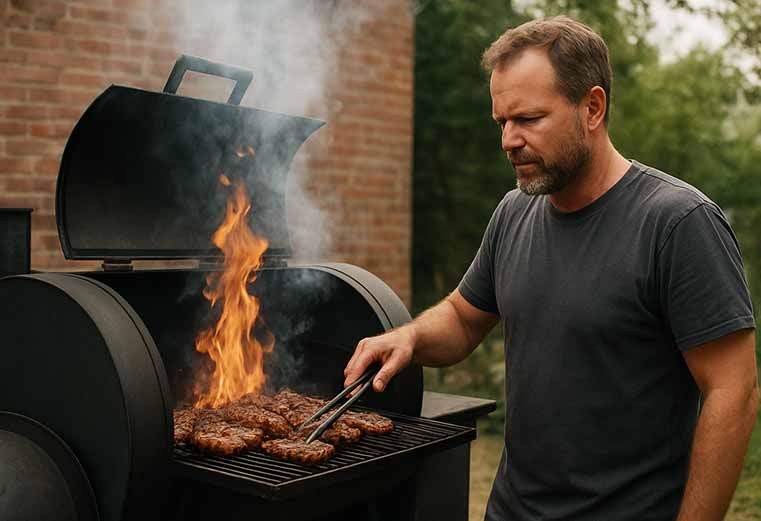Many entrepreneurs begin their journey by noticing what is missing around them. In the culinary world, this often means realizing that a city lacks a certain flavor or dining experience. Barbecue, with its smoky aromas and regional traditions, has been one of those gaps entrepreneurs step in to fill. When a group of college friends in Texas discovered that their city’s food scene did not reflect the barbecue culture they grew up with, they turned curiosity into opportunity. They tested recipes in backyards, shared meals with friends, and eventually crafted a menu that highlighted authenticity while appealing to local tastes. This early recognition of a demand that had not yet been satisfied became the foundation of a thriving business model.
Entrepreneurs in many industries can learn from this. Identifying unmet needs, no matter how small, provides an opening to create value. Whether it is a tech startup designing a niche app or a small café offering unique flavors, the principle is the same: a sharp eye for gaps in the market can lead to remarkable ventures.
Building a Brand Through Authenticity
The strength of a brand lies not only in its product but also in the story behind it. Barbecue businesses that rise above competitors often lean on authenticity family recipes, traditional smoking techniques, or personal stories of passion for the craft. Customers today are more likely to connect with businesses that are transparent and rooted in real experiences. For the entrepreneurs who brought barbecue to a college town, authenticity became a central part of their identity. Their menu celebrated heritage, while their atmosphere reflected the communal spirit of gathering around food.
Authenticity also builds trust. In the digital era, word of mouth has expanded to online reviews and social media. A brand grounded in genuine storytelling resonates more with customers than a polished but hollow marketing campaign. When entrepreneurs stay true to their original purpose and communicate it honestly, they create long-term loyalty. This lesson extends beyond food and can be applied to fashion, wellness, design, or any industry where personal connection matters.

Scaling Without Losing Quality
Once the first smokehouse gained popularity, the challenge became growth. Expanding a small business requires careful strategy so that quality does not decline as demand increases. Many entrepreneurs in the food sector face this dilemma: how to serve more customers while maintaining the same flavors, service, and experience that made them popular in the first place. The founders in this story responded by training staff with the same techniques they had mastered, investing in proper equipment, and building a culture where consistency was valued as highly as innovation.
This balancing act between growth and quality is relevant in every industry. Startups scaling rapidly often risk compromising their original vision or service quality. By prioritizing training, maintaining standards, and carefully planning expansion, businesses can scale successfully without losing the essence that first drew customers to them. It is a reminder that long-term success is not about rushing growth but about sustainable practices that preserve excellence.
Lessons for Future Entrepreneurs
The journey of barbecue entrepreneurs offers lessons for anyone interested in starting a business. First, opportunities often arise in overlooked spaces; paying attention to everyday frustrations or gaps in a market can spark great ideas. Second, authenticity in branding builds stronger connections than aggressive advertising alone. Customers appreciate honesty, heritage, and personality in the businesses they support. Third, scaling should be handled with care, always keeping an eye on the values and quality that defined the company from the start.
Entrepreneurs who study these lessons can apply them in industries ranging from technology to hospitality. The key is to balance passion with strategy. Passion brings energy, creativity, and resilience, while strategy ensures that enthusiasm translates into sustainable success. Just as a perfectly smoked brisket requires patience, precision, and care, building a business demands dedication to both craft and customer. For those ready to transform their own passions into ventures, the barbecue story serves as a flavorful example of how inspiration can become enterprise.

